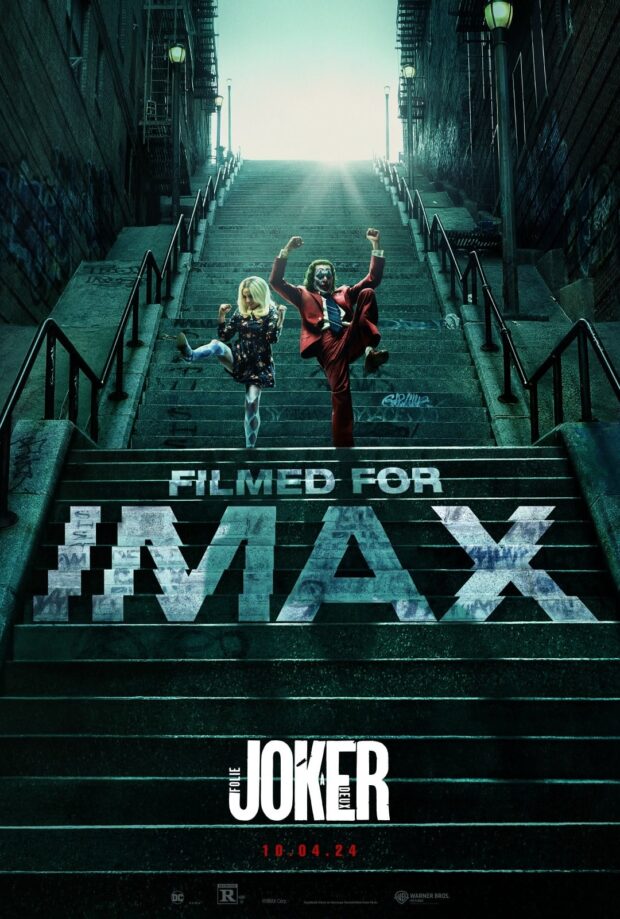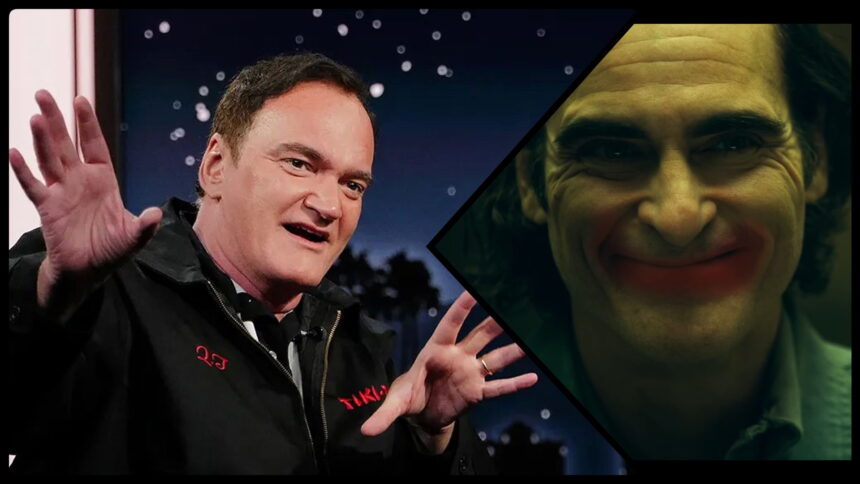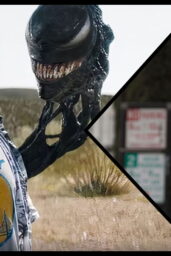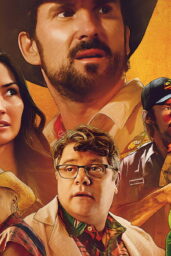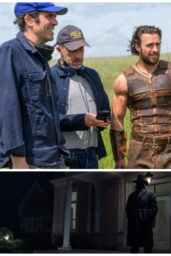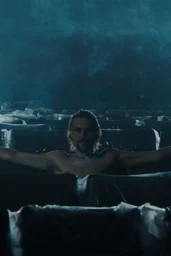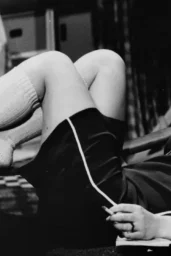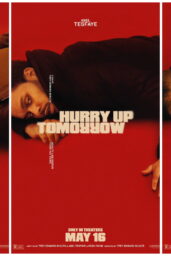While Joker: Folie à Deux has received mixed reviews and even mockery in recent weeks, one of Hollywood's most celebrated directors has publicly championed it. Quentin Tarantino, known for his bold, unapologetic approach to cinema, recently praised Joker: Folie à Deux, calling Joaquin Phoenix's performance “one of the best I've ever seen in my life.” On The Bret Easton Ellis Podcast, Tarantino admitted he was drawn into the film's fever-dream atmosphere, leaving him unexpectedly delighted.
Tarantino's Surprising Praise for Phoenix and Phillips
Tarantino's admiration for Joker: Folie à Deux extends beyond Phoenix's lead performance. He lauded the film as a “madly ambitious curiosity,” and despite his expectations of a complex, intellectual piece, he was absorbed by its audacity and raw energy. Tarantino's praise for Phoenix's portrayal of Arthur Fleck suggests he sees it as a high point in the actor's career, describing it as deeply immersive and unlike anything he'd anticipated.
In Folie à Deux, Phoenix returns to his role as Arthur Fleck, with Lady Gaga joining him as Lee Quinzel. Tarantino was captivated by their dynamic, which he compared to Mickey and Mallory, the notorious couple in Natural Born Killers—a film he penned. Tarantino saw Phoenix and Gaga as spiritual successors to his iconic characters, delivering an unhinged chemistry that he described as “the fever dream of Mickey Knox.”
A Controversial Perspective on Joker and the Industry
Tarantino went on to applaud director Todd Phillips for his provocative approach, suggesting that Phillips had effectively become the Joker in the way he directed the film. According to Tarantino, Phillips used the movie as a vessel to challenge not only Hollywood norms but also industry stakeholders. He claimed that Phillips' creative choices signaled a rebellious “f— you” to DC, Warner Bros., and even comic book fans. “Un film de Joker,” he called it, underscoring the audacity and bold vision Phillips brought to the production.
Tarantino found himself chuckling in the near-empty IMAX theater in Tel Aviv, describing how he enjoyed scenes many viewers might find unsettling. The juxtaposition of brutal storytelling and dark humor resonated with him, underscoring Phillips' subversive directorial style that seemed designed to provoke rather than please.
Tarantino's Take on Folie à Deux as a Cinematic Experience
Despite the film's underwhelming box office performance, Tarantino's appreciation highlights Folie à Deux as a unique cinematic experience that challenges conventional storytelling. He was particularly drawn to the musical sequences, observing that the more mundane the songs, the more immersive the scenes became. For Tarantino, these artistic choices elevated the film, transforming it from what he expected to be a distant intellectual exercise into something captivating and resonant.
Conclusion
Quentin Tarantino's enthusiastic praise for Joker: Folie à Deux and Joaquin Phoenix's performance adds a fresh perspective to the polarizing film. For Tarantino, Phillips' subversive take and Phoenix's acting brought an almost hypnotic quality, reaffirming Folie à Deux as an ambitious and unapologetic work of art. While it may not appeal to everyone, Tarantino's admiration reminds audiences of the power cinema holds to push boundaries and invite unpredictable reactions.
Tarantino's enthusiasm for Joker: Folie à Deux sheds light on its unique artistic value, particularly in a genre often constrained by formulaic storytelling. Phoenix and Phillips' collaboration created a vision that is chaotic, boundary-pushing, and often uncomfortable—qualities that Hollywood rarely embraces to this extent. Personally, Tarantino's perspective resonates because it highlights how bold storytelling can divide audiences, often creating powerful reactions rather than universal acclaim. Folie à Deux appears to be a love-it-or-hate-it film, but this divisiveness is also what can make it unforgettable.
Do you think Joker: Folie à Deux represents a new wave of unconventional storytelling in Hollywood, or does it stray too far from what fans expect?
